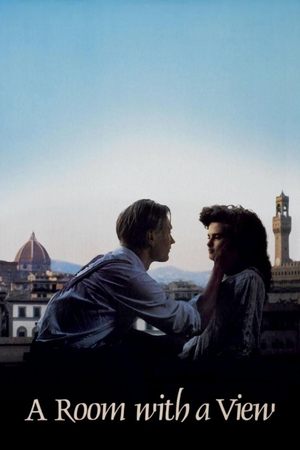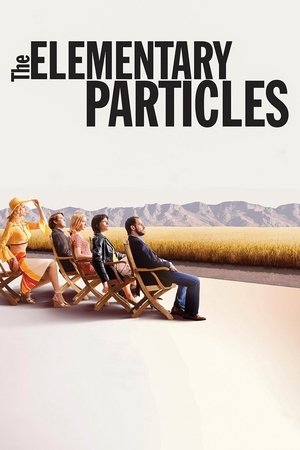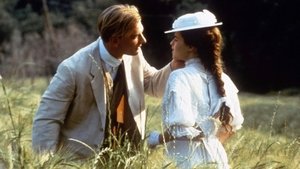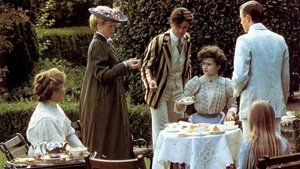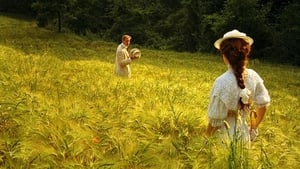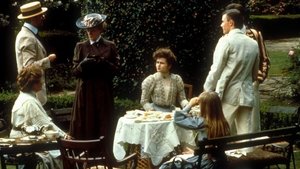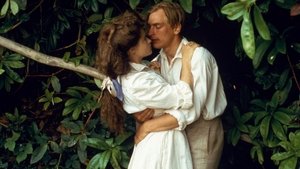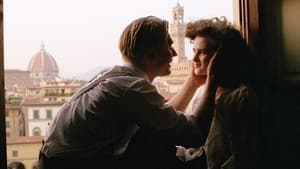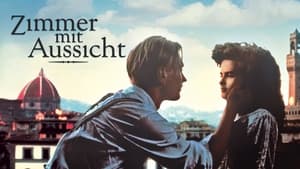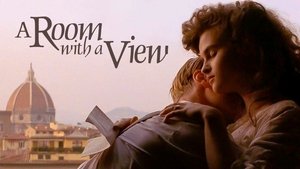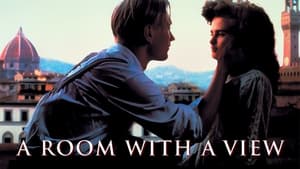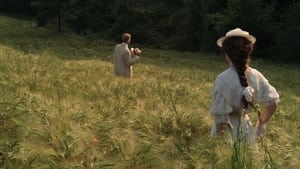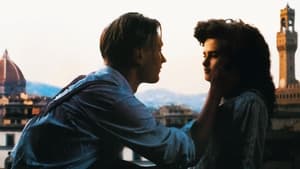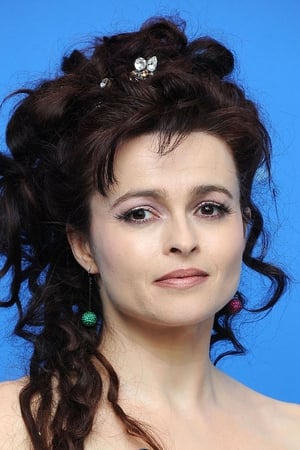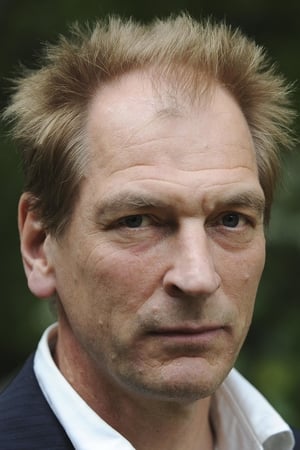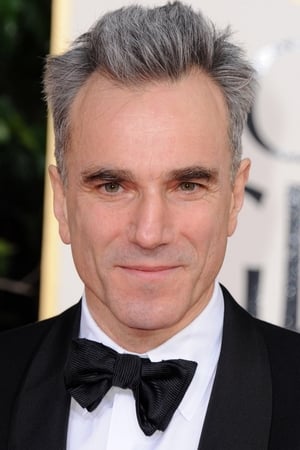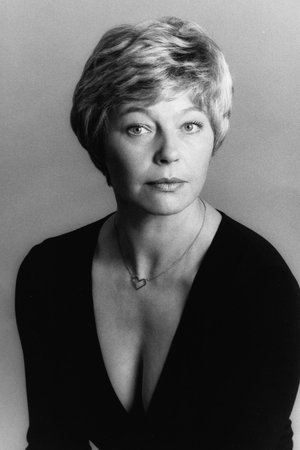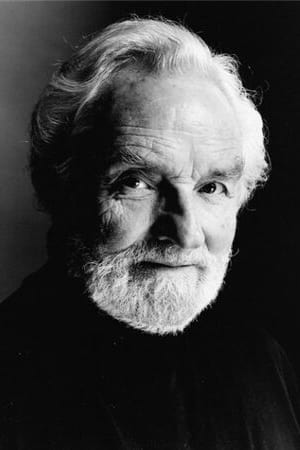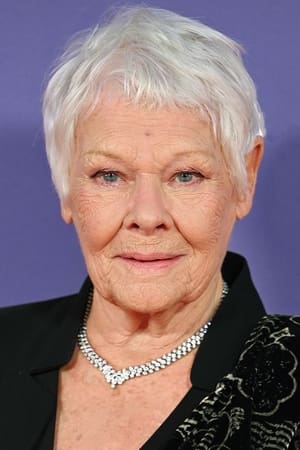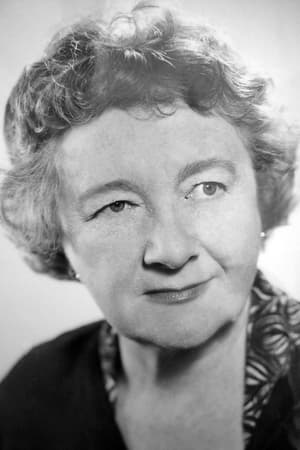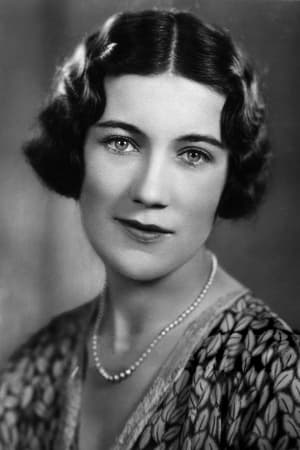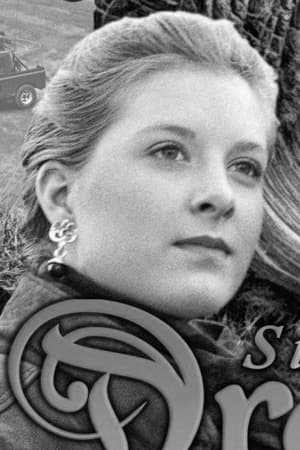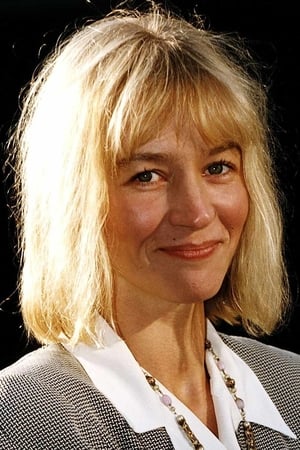-
Filipe Manuel Neto
**A film that seems to be more concerned with criticizing the manners of the 19th century than with telling us a good story.** The film is set in the early years of the 20th century and is a romantic story that begins when a young British girl stays in a guesthouse in Florence among other English tourists. The room she received does not have a view over the River Arno, so she agrees to exchange with a young man, with progressive and daring ideas, who will win her heart. When they return to England, the get-together is inevitable. I haven't read the book this film is based on, but I believe those who say the adaptation is respectful. Written by James Ivory, it won three Oscars (Best Costume Design, Best Art Direction and Best Adapted Screenplay) and was also nominated for other awards (Best Cinematography, Best Director, Best Supporting Actress, Best Supporting Actor and Best Film). However, if we think about it, almost no one remembers it nowadays, except for big cinema fans. As a romantic film, it works and fits into that cliché of couples who break conventions to experience love, a utopia that leaves the majority of the female audience daydreaming. It's not a bad story, but we know where it will end. There is a profound anachrony underlying the film. It is not visible in the production itself, which is luxurious and expensive, with excellent sets, makeup, hairstyles, costumes and intelligently selected props. However, watching the film calmly, we detect the anachrony in the way in which British society at the time was portrayed: etiquette, good manners and social conventions appear as “castrating” love and passions, when in fact few people in that society overvalued love in the same way we do. This must be in the original book, of course, but it is still a “black and white” vision of a past that is judged in the light of our eyes. Despite this, it deserves clear praise for the sets, costumes and props, for its magnificent cinematography, where warm colors and the most touristic landscapes and places in Florence (one of the most beautiful in Europe) stand out, and for an excellent soundtrack, solidly based on classical and lyrical pieces that may, or may not, be recognized by the public. However, what stands out in the film and gives it greater value is the extraordinary performance by a luxurious cast full of strong, talented and well-known names. A very particular ovation is justified by the work of Helena Bonham Carter, in her debut in the seventh art, marking the start of her great career in cinema. Equally incredible was the chameleonic Daniel Day-Lewis, who gave us an affected and pompous gentleman who gave soul and grace. Maggie Smith is always a safe bet, especially when she plays characters within her “comfort zone”, but I found her somewhat dull. Denholm Elliott is very good, but not incredible as Julian Sands, who has one of the central roles in the plot. He was one of those actors who would have done better by spending a little more time working in Europe before trying his luck in the USA. He was very good, but he lacked opportunities in the land where they supposedly appear. Allow me to make an aside: in one of those strange coincidences in life, I saw this film yesterday and just now saw, at the Oscars ceremony, this actor's name in memoriam by having passed away in 2023. What more can I say? Rest in peace.
please Login to add review
